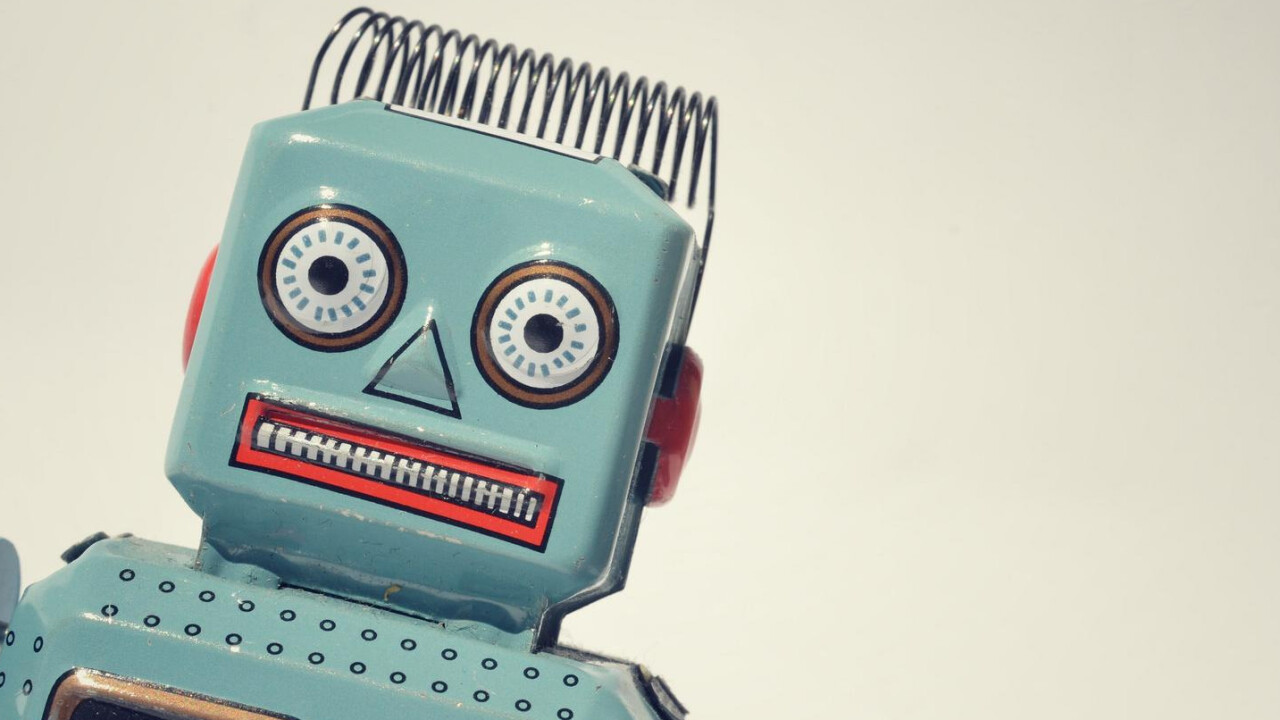
According to the latest World Economic Forum report (PDF), roughly 7 million jobs are expected to be lost in the next five years thanks to automation and the use of robots.
Does that sound like doomsday on the horizon? It’s really not all bad. In fact, the closer you look, the brighter the future appears.
The report says that the highest numbers of job losses will be administrative roles in healthcare, energy and finance industries. It also states that 2 million new jobs will open up by 2020 in areas like computing, math, architecture and engineering.
The shift towards replacing humans with robots began years ago and while it may have caused the loss of certain jobs, it didn’t negatively impact the human workforce.
The Brookings think tank notes that after the computer was invented and subsequent faster models were released, unemployment fell and median earnings doubled.
What typically happens when certain jobs no longer require human involvement is that our roles are transformed.
Andrew Moore, the dean of the school of computer science at Carnegie Mellon University told Wired last year:
Technology does change the mix of jobs. You’re going to see doctors taking more of the role that involves the personal interaction with patients and less of the role of trying to keep huge amounts of evidence in there head. The nurse may become more prestigious than the doctor.
But if you look around, there are also new kinds of creatives roles being produced across the market. There are so many jobs that didn’t exist just a few years ago.
Think about it: there are many more people now employed in companies that make drones, run video platforms like YouTube and design self-driving vehicles than ever before. Because those things didn’t exist in the past.
Another interesting example is Automated Insights’ AI tech that can write news stories just by looking at raw financial data. The Associated Press has been using it to churn out more than 3,000 financial reports each quarter — ten times as many as it did when humans were tasked with the job. And yet, the company hasn’t fired a single reporter because of it.
In his book ‘Average is Over‘, economist Tyler Cowen pointed out that an F-16 fighter aircraft keeps about 100 people employed to support a single mission, as well as a pilot. A Global Hawk surveillance drone requires 300 people.

A couple of years ago, Swiss watch maker Swatch introduced the Sistem51, the world’s first automatic (read: battery-less) watch assembled entirely by robots. It’s a neat product and does well enough — but its success hasn’t pushed the company to close its 18 other prestigious watch brands, many of which pride themselves on their heritage of craftsmanship and design.
Will robots take our jobs? Almost certainly. Should you be worried? Not really. However, you should be aware of the changes in your industry and learn to adapt. That means honing your skills, developing new ones and opening your mind to branching out.
The future will be less about what you have to do and more about what you’re capable of. Embracing it early should see you in good stead when the time comes.
➤ Women to lose out in technology revolution as robotics threatens jobs, warns WEF [The Guardian]
Get the TNW newsletter
Get the most important tech news in your inbox each week.




